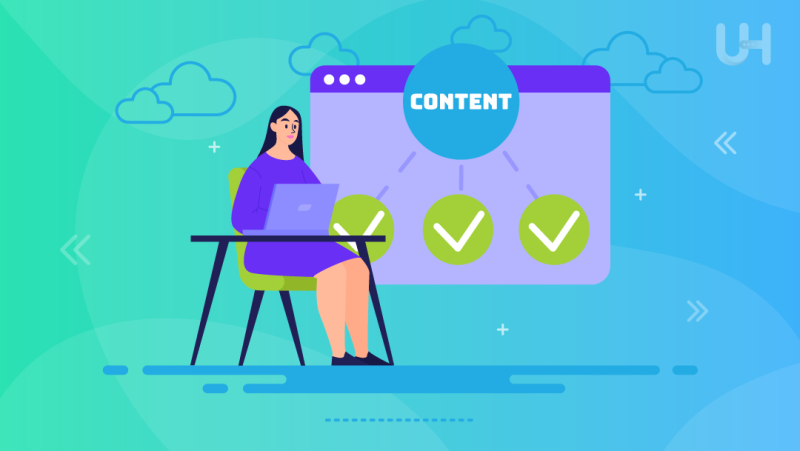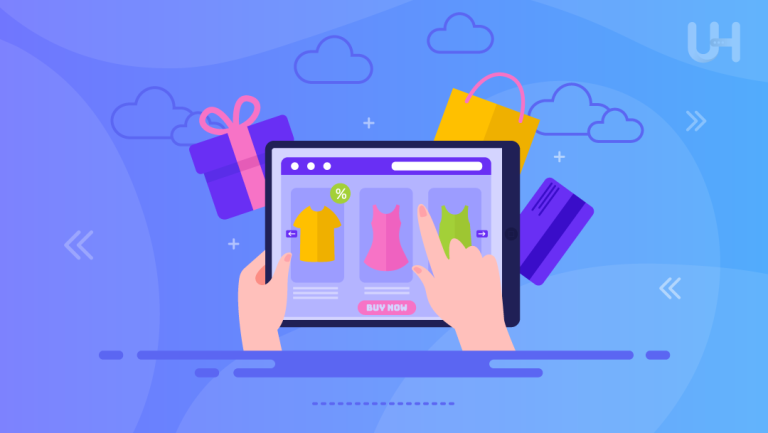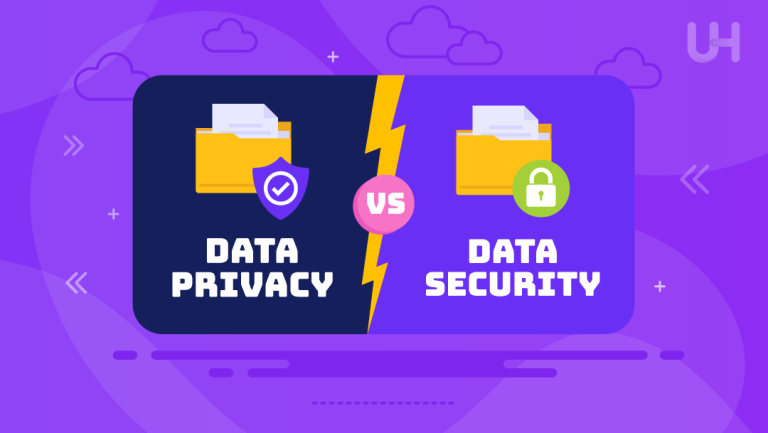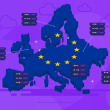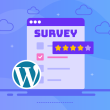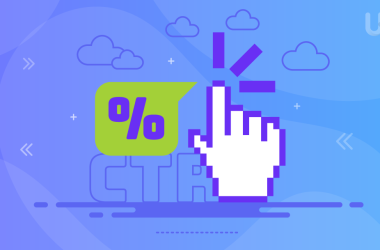With the rapidly changing digital environment, there are more ways than ever for companies to reach an audience. The secret, however, to drawing attention lies not just in reaching people but in reaching them at the right time, in the right place, and with the right message. This is where context marketing comes into play. While traditional marketing approaches have always emphasized the need to push messages toward a wide audience, in context marketing, everything is about creating meaningful interactions with consumers, personal and based on their current situation, behavior, and needs.
In this article, we will explain context marketing, how it works, and, more critically, why this area of marketing has become such an important strategy in today’s business environment. It will discuss the benefits and challenges associated with this approach and provide some handy tips on running a successful context marketing campaign.
What is Context Marketing?
Context marketing is a data-driven marketing strategy that focuses on personalized content for users in every particular context they encounter a brand. It gets input on the situation surrounding a consumer’s location, time, device, browsing history, and current behavior and then prepares the marketing message. This allows businesses to capture attention and provide relevant and engaging content to them.
Context marketing enables organizations to transcend generically placed ads and blanket emails to timely, customized experiences using data and technology to connect with their target audience and build trust.
How Does Contextual Marketing Work?
Context marketing is a good-sized intersection of data, technology, and creativity. To put it all into effect, businesses have to follow a series of steps to make sure it is highly effective. Here’s how it all works:
Data Collection and Analysis
Marketing comes into context, specifically with data. Firms may accumulate data from websites, mobile applications, and even social media platforms. The data covers basic demographics to more specific details such as browsing habits and purchase history. Analyzing this data will, therefore, provide marketers with greater insight into their audience’s preferences and behaviors.
Understanding Context
Contextual marketing is not just about the data. It’s the interpretation of that data to understand the consumer’s situation at any particular moment. That could be time of day, place, weather, or device. Context allows the marketer to create a message more likely to resonate at that moment.
Segmentation and Targeting
Once businesses understand the context of their audience, they can divide it according to common characteristics or behaviors. Segmentation helps connect the dots so that the right message may be relayed to the right audience. For instance, a clothing retailer can segment an audience by seasonality or geographic regions to sell its products.
Content Personalization
If a market has been segmented once and for all, the next step would be personalizing content for each group. Each personalized piece of content would range from customized product recommendations to very specific calls to action. Imagine that a user who has recently viewed running shoes might just receive an email showcasing a sale on athletic wear.
Real-Time Adaptation
One of the most powerful aspects of context marketing is its real-world adaptability. Businesses can gauge and change their messaging with live data via automated systems and AI. For example, effective eCommerce server hosting allows businesses to show different products depending on whether the visitor is a returning customer or a first-time shopper.
Optimization and Measurement
Context marketing is a continuous process. Once the Campaign goes live, businesses should be able to track and measure its performance continually. This allows marketers to get an idea of what is working and make any required adjustments to optimize the results. Metrics such as click-through rate, conversion rate, and engagement can provide several insights.
Compliance and Privacy
While gathering and breathing data is done by enterprises, there is an enormous need to be compliant with privacy regulations such as GDPR or CCPA. There is increased consumer awareness of the right to data usage; hence, transparency and respect for data privacy are ingredients for gaining trust.
Benefits of Contextual Marketing
Context marketing offers a variety of advantages that make it the one-stop strategy through which businesses connect meaningfully with their audience.
Enhanced Engagement and Click-Through Rates (CTR)
The biggest advantage of context marketing is capturing attention more effectively. Personalized messages related to the user’s context naturally mean more engagement. When consumers see any content that seems relevant to their immediate need or situation at the time, they’re more likely to click through and interact with the brand.
Developing Long-Term Customer Relationships
With continuous personalized and timely experiences, companies can earn customers’ trust through long-term relationships. Consumers who feel understood are more likely to develop brand loyalty. Context marketing allows an organization to have ongoing and meaningful conversations that grow customer trust over time.
Boost Your Context Marketing with CRM Hosting!
Struggling to personalize your marketing strategies effectively? UltaHost’s CRM Hosting solutions empower you to seamlessly collect, analyze, and use customer data to enhance your context marketing efforts.
Cost-Effective Marketing Strategy
Context marketing allows for better resource use. Rather than broadcasting messages to undifferentiated masses, hoping that somewhere out there, someone needs what the company sells, it focuses on much smaller groups that are target segments. This cuts down on wasted ad spending and ensures costs and efforts are directed where they will be valued.
Increased Return on Investment (ROI)
Personalized, relevant content is much more likely to convert than generic messages. Because of this, context marketing often yields a far better ROI than other channels. Businesses that utilize data to convey the right message at the right time maximize their chances of converting a lead into a paying, revenue-generating customer.
Context Marketing Challenges
Besides the several advantages, context marketing has certain challenges to tackle carefully by the business.
Privacy Issues
Data collection has always been a source of consumer privacy concerns. Regulations such as GDRP in Europe and CCPA in California demand that businesses clarify their data collection practices. Poor mistakes in handling consumer information could lead to consumer mistrust and even possible litigation.
Difficulty in Standardization
Due to the high level of personalization involved with context marketing, no single approach can work for all. Every company needs to create its own based on certain conditions: who its audience is, what its goals are, and what data it has. The lack of standardization could make it difficult for companies to offer a seamless process.
Incorrect Targeting Risks
While segmentation and targeting are integral in context marketing, there is always a chance of getting it wrong. If businesses misinterpret data or fail to understand a user’s context correctly, they risk delivering irrelevant messages that frustrate consumers rather than engage them.
Tips for a Successful Context Marketing Strategy

Context marketing hisses with power only when businesses adopt the right and thoughtful implementation strategy.
Structure Campaigns Based on Buying Stages
It may effectively be done by structuring the campaigns on the AIDA model, Attention, Interest, Desire, and Action, with contextually relevant messages based on each stage throughout the buyer’s journey. For instance, educational content may be provided in the “interest” stage, while in the “action” stage, perhaps an offer with a limited duration is presented.
Leverage Contextual Advertising Platforms
Contextual advertising platforms reach all consumers in relevant contexts. It includes anything from Google Ads to Facebook Ads, which, for businesses, could mean timely and personalized messages with user data referring to an individual’s browsing history, behavior, and preference.
Expand Beyond Paid Channels
Below, effective context marketing is not limited to paid ads. To maximize reach, businesses should also focus on:
- CRO (Conversion Rate Optimization) and SEO: Conversion Rate Optimization and SEO server hosting ensure that searchers come to your website, which is more appropriate to their search queries.
- Content Marketing: Create useful content informing or entertaining your audience about their needs or interests resulting in better content marketing.
- Email Marketing: Enables sending targeted emails using user behavior examples, abandoned cart reminders, and recommendations.
- Influencer Partnerships: Leverage influencer marketing by partnering with influencers aligned with your brand’s message and audience to reach a broader, more engaged community.
Test and Measure Campaign Performance
Experimentation lies at the core of context marketing success. Businesses need to continuously test messages, offers, and formats in numerous ways to learn what works best for their audience. Ongoing campaign performance measurement refines strategies and optimizes results.
Strike the Right Balance Between Personalization and Privacy
While personalization is key, it is also a balancing act; there is a fine line that will ensure the business does not cross personal privacy boundaries. It is very important to share transparency with the customer regarding data usage while providing avenues through which opt-outs can be exercised.
Conclusion
Today’s consumers expect a relevant, personalized experience to meet their unique needs and preferences. Context marketing gives businesses the ability for this reality with relevant, timely, and engaging experiences in content. It drives tremendous engagement, increases the ROI, and requires a good hold on customer relationships. Emphasizing the benefits, challenges, and key strategies involved will allow all businesses to leverage context marketing in order for a competitive advantage and to create long-lasting connections with their audience.
Enhance your context marketing strategy by delivering personalized email campaigns with UltaHost’s reliable email server hosting. With secure, fast, and scalable solutions, you can ensure your emails reach the right audience at the right time, driving better engagement.
FAQ
How does context marketing differ from content marketing?
Context marketing focuses on delivering personalized messages based on a user’s situation, while content marketing is about creating valuable content to engage an audience.
Can small businesses use context marketing?
Yes, small businesses can leverage affordable tools like email automation and social media analytics for personalized content delivery.
What tools are used in context marketing?
Common tools include CRM platforms, marketing automation software, and real-time data analytics to track user behavior.
How does context marketing build customer loyalty?
It fosters loyalty by offering personalized, relevant experiences, showing customers that a brand understands their needs.
What are the ethical concerns of context marketing?
Privacy is the main concern. Businesses must be transparent about data collection and usage to maintain trust.
Is context marketing effective for B2B companies?
Yes, B2B companies can personalize content based on the client’s industry, buying stage, and needs.
How does context marketing affect conversion rates?
It boosts conversions by delivering timely, relevant messages that align with users’ immediate needs.





